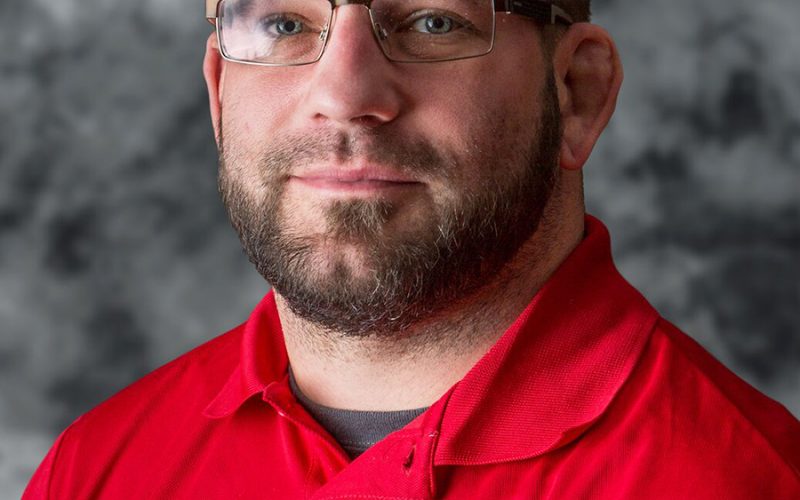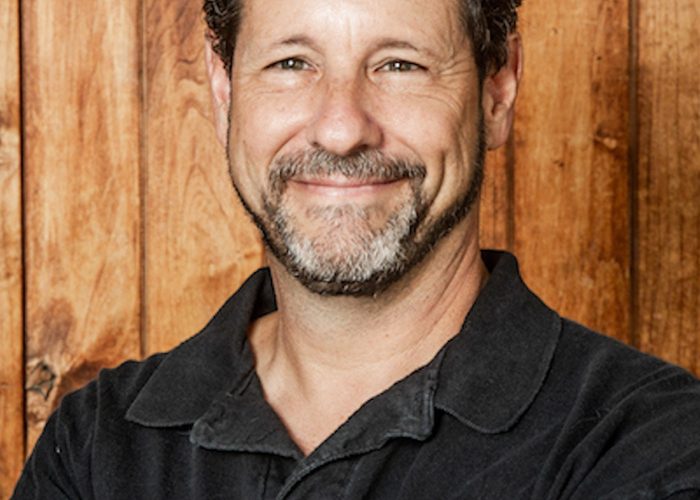Ep.43: The Importance of Job Autopsies with Chris Beck
A good job autopsy can lay the foundation for better processes and more profits for your company. But you have to do it right. Some companies use them like a club, which leads to finger-pointing and the blame game. Some owners just brood over the numbers and do nothing. But the numbers tell the story, and doing the forensics can tell you how to improve.
In this episode, Tim and Steve talk to Chris Beck of Normandy Remodeling in Hinsdale, IL. Normandy Remodeling has just started involving Production in the job autopsy process at the close of a project.
Chris has been with Normandy for 11 years. He started as Superintendent, and was promoted to Production Manager in April 2015, then Director of Production in January 2018. In 2018, it marked the fourth year in a row of record produced volume. Last year, they completed 220 jobs.
Chris began involving Production in Normandy’s job autopsies last year. Previously, the autopsy had been more focused on sales and design. He saw slippage increasing, and needed to figure out why that was happening. He discusses how what data to look at, and how having Production in a job review can make significant changes for the better, including:
- How to make changes so you’re not repeating mistakes
- Getting involved in the financials
- Changing processes
- Why it can help you refine your cost book for the higher-end projects
- Avoiding finger-pointing and blame
- Why an interactive culture makes it all easier
- What to document and why
- Bringing it all together
- Handling issues before the job ends — or even starts
- How much time it takes
- And much more…
Including how to pitch it to your owner if your company isn’t doing a post-mortem. Taking the steps toward doing a complete job autopsy can take you from good to great, and find extra profits for you company.
It’s Your Turn
We’re getting great suggestions for topics and guests — what do you want to hear us talk about? Shoot Tim and email at tim@remodelersadvantage.com with your ideas about subjects to cover and guests to talk to!













